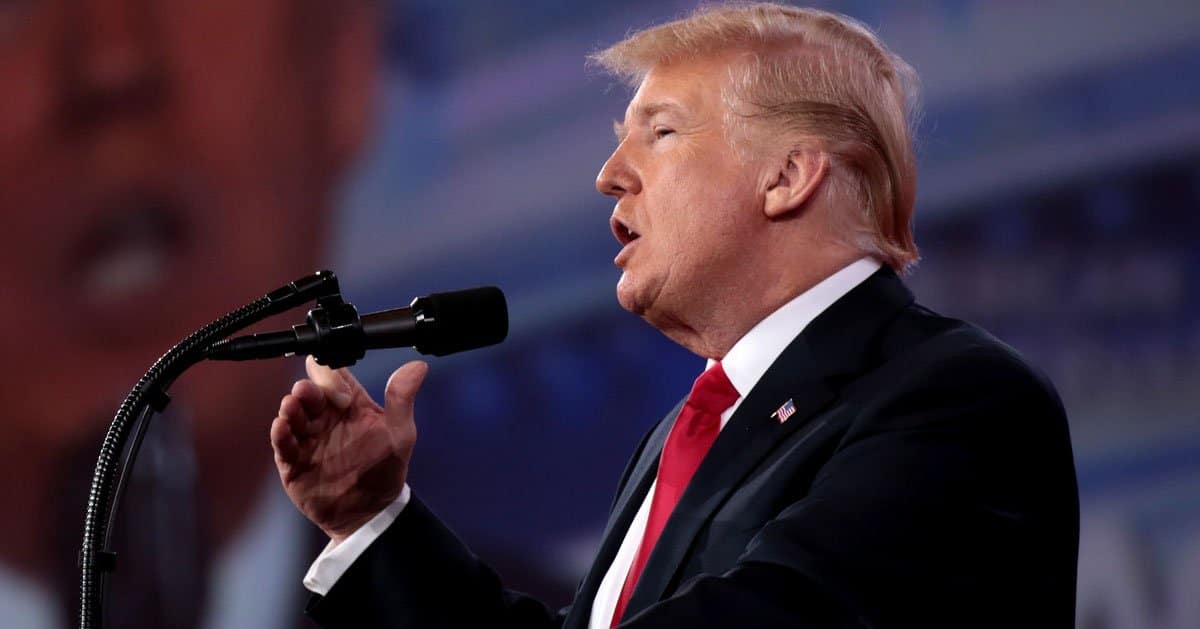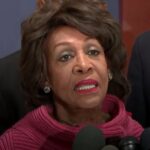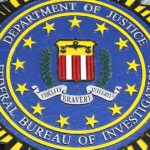






In a significant development, Hampton Dellinger, formerly overseeing the Office of Special Counsel, has ceased legal actions to regain his role after his termination by President Donald Trump.
The Daily Caller reported that the D.C. Circuit Court of Appeals has supported the Trump administration's right to remove Dellinger, leading to his decision to halt further efforts, as he views the possibility of success in the U.S. Supreme Court as slim.
President Trump's dismissal of Dellinger from the Office of Special Counsel marked a contentious point in the debate over the autonomy of this crucial federal entity.
The role is pivotal in investigating unethical practices impacting federal civil servants and safeguarding whistleblowers. Under Dellinger, the office had actively challenged certain dismissals by the Trump administration, prompting temporary rehire efforts by the Merit Systems Protection Board.
Legally disputing his termination, U.S. District Court Judge Amy Berman Jackson initially ruled that Dellinger's removal wasn't justified. This ruling acknowledged the integral function of the Office of Special Counsel in maintaining checks and balances within government operations.
The recent decision by the D.C. Circuit Court of Appeals overturned this earlier ruling, siding with the Trump administration's decision.
The appeals court determined that Dellinger's removal was warranted pending further appeal to the U.S. Supreme Court, a course of action he has chosen not to pursue due to its improbability of success.
Dellinger expressed his disappointment with the recent judgment, which he believed undermined the statutory independence bestowed upon his position. "I’m stopping the fight," he stated, explaining that with the circuit court's recent action, expecting a favorable outcome from the Supreme Court seemed too remote.
He also voiced concerns about the potential lack of independence in the Office of Special Counsel: "This new ruling means that OSC will be run by someone totally beholden to the president for the months that would pass before I could get a final decision from the U.S. Supreme Court," Dellinger observed.
Judge Jackson, reflecting on the importance of the office, remarked, "The Special Counsel’s job is to look into and expose unethical or unlawful practices directed at federal civil servants," emphasizing that its mandate is also to protect whistleblowers from reprisals.
However, the recent legal setback raises concerns about potential partisan removal, which could threaten these protections.
"It would be ironic," Jackson pointed out, "and inimical to the ends furthered by the statute if the Special Counsel himself could be chilled in his work by fear of arbitrary or partisan removal." The judge's comments underscore the broader implications of Dellinger's dismissal on the healthy functioning of government oversight.
Despite these setbacks, Dellinger shared a vision where the Office of Special Counsel remains true to Congress's intent as an "independent watchdog" for whistleblowers.
He remains concerned that the recent ruling essentially diminishes this role, stating that the new focus shifts toward pleasing presidential administrations rather than maintaining impartiality and protection for whistleblowers.
Looking ahead, the absence of a clear path for restoring autonomy in the Office of Special Counsel looms large.
Dellinger emphasizes the need for the institution to operate independently as designed, "a safe, trustworthy place for whistleblowers." But until the framework is altered to safeguard such independence robustly, challenges like those he faced may linger.
While Dellinger's personal efforts to challenge his removal have reached a conclusion, the broader implications continue to resonate through federal oversight channels.
The situation asks pivotal questions about administrative control, the balance of governmental power, and the safeguarding of ethical conduct within U.S. federal operations. As the office moves under new leadership, its role as a watchdog remains critical in the landscape of federal reform and accountability.

